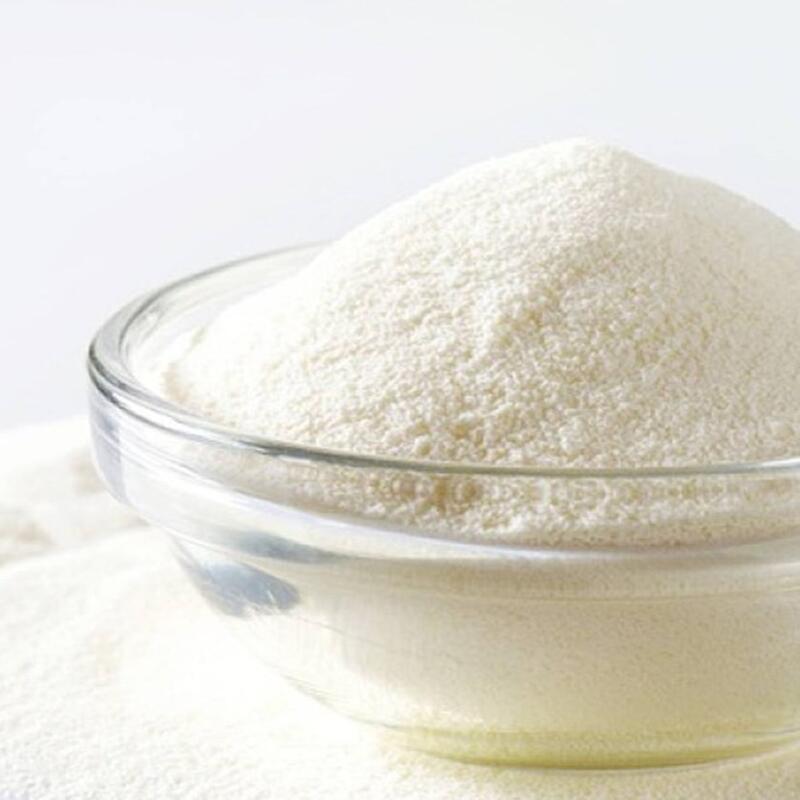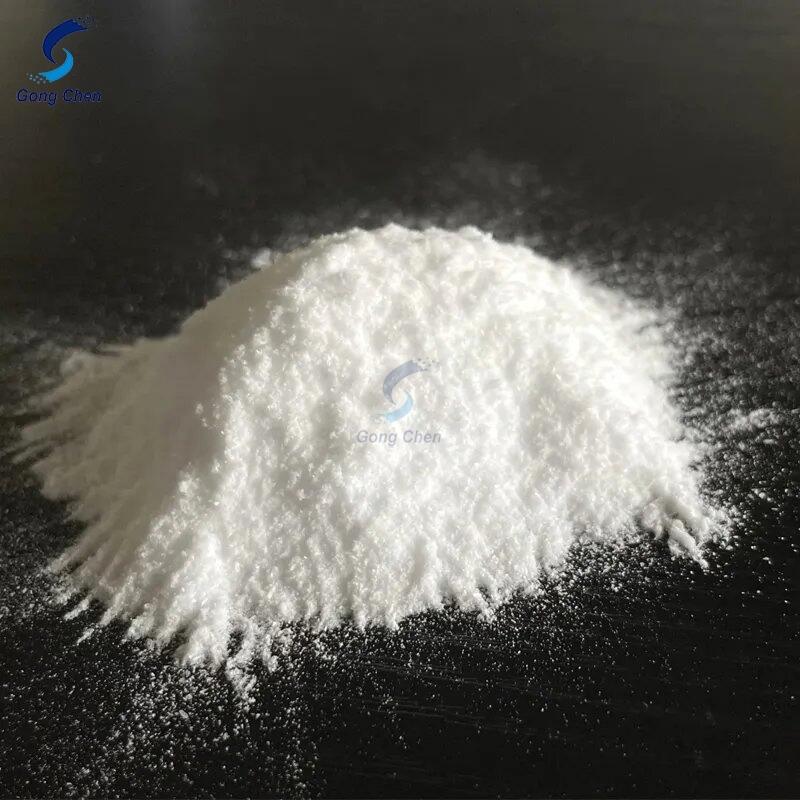-
Categories
-
Pharmaceutical Intermediates
-
Active Pharmaceutical Ingredients
-
Food Additives
- Industrial Coatings
- Agrochemicals
- Dyes and Pigments
- Surfactant
- Flavors and Fragrances
- Chemical Reagents
- Catalyst and Auxiliary
- Natural Products
- Inorganic Chemistry
-
Organic Chemistry
-
Biochemical Engineering
- Analytical Chemistry
-
Cosmetic Ingredient
- Water Treatment Chemical
-
Pharmaceutical Intermediates
Promotion
ECHEMI Mall
Wholesale
Weekly Price
Exhibition
News
-
Trade Service
Researchers from the Department of Psychiatry at the University of Arizona School of Medicine in Tucson recently published in Frontiers in Behavioral Neuroscience show that after receiving blue light therapy, people with post-traumatic stress disorder (PTSD) sleep better, PTSD symptoms are less severe, and treatment is more effective
.
Sleep is essential for maintaining physical and mental health, and chronic sleep deprivation affects all aspects of life, with serious implications
for long-term health, relationships, and cognitive abilities such as learning and therapy.
The effect of sleep disruption on the severity of PTSD symptoms is well established
.
Those who seek treatment to alleviate PTSD symptoms often face a vicious cycle: poor sleep quality interferes with the effectiveness of treatment, negating any reduction in symptoms, which in turn leads to sleep disruption
.
To reduce and eliminate the emotional effects of traumatic memories, patients need high-quality sleep to integrate healing mechanisms
achieved through cognitive therapy or exposure therapy.
Dr William "Scott" Killgore, Director of the Social, Cognitive and Affective Neuroscience (SCAN) Laboratory, senior author of the paper and Professor of Psychiatry, said: "This study is exciting and unique because it points to an easy-to-use approach that can help PTSD patients maintain the benefits
of treatment long after treatment ends.
Morning blue light therapy improved sleep complaints, symptom severity, and the retention
of fear-erasing memories in PTSD.
”
Dr.
Kilgol and the SCAN laboratory team conducted a comprehensive assessment
of individuals with clinically significant PTSD levels of daily morning blue light wavelength exposure.
The aim was to determine whether blue light therapy helped improve sleep and PTSD symptoms and maintain learned fear-canceling memories, similar to trauma therapy
.
Study participants received 30 minutes of morning light exposure daily for six weeks, with half of them using blue wavelengths of light and the other half using amber light
.
The researchers examined changes
in neurobiological, autonomous, and behavioral outcomes over the course of the study.
The 43 participants who received blue light treatment not only showed a significant improvement in the severity of their PTSD symptoms, but also reported improved sleep and showed an increase
in the retention of fear-erasing memories.
In contrast, 39 study participants who received amber light did not show the same retention of disappearing memories, but instead showed recovery
of original fear memories.
"Although the limitations of this study include a limited sample size that makes it difficult to monitor adherence, the possibility of using a relatively simple, drug-free and inexpensive treatment can offer hope
for a large number of people who suffer from severe challenges of post-traumatic stress disorder (PTSD)," said Dr Kilgore.
"These numbers are exciting," said
Professor Jordan Karp, MD, who is chair of the Department of Psychiatry at Tucson School of Medicine.
"For people with PTSD, this non-pharmacological intervention has the potential to change their lives and save their lives
.
"
The study was supported
by the U.
S.
Army Medical Research and Development Command (W81XWH-14-0570).
Journal Reference:
John R.
Vanuk, Edward F.
Pace-Schott, Ayla Bullock, Simon Esbit, Natalie S.
Dailey, William D.
S.
Killgore.
Morning blue light treatment improves sleep complaints, symptom severity, and retention of fear extinction memory in post-traumatic stress disorder.
Frontiers in Behavioral Neuroscience, 2022; 16 DOI: 10.
3389/fnbeh.
2022.
886816







